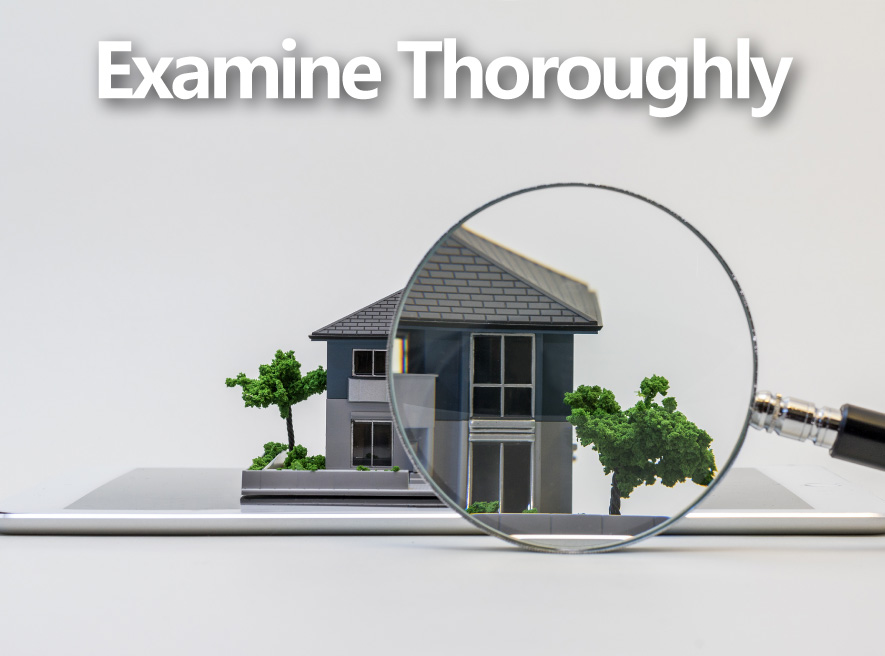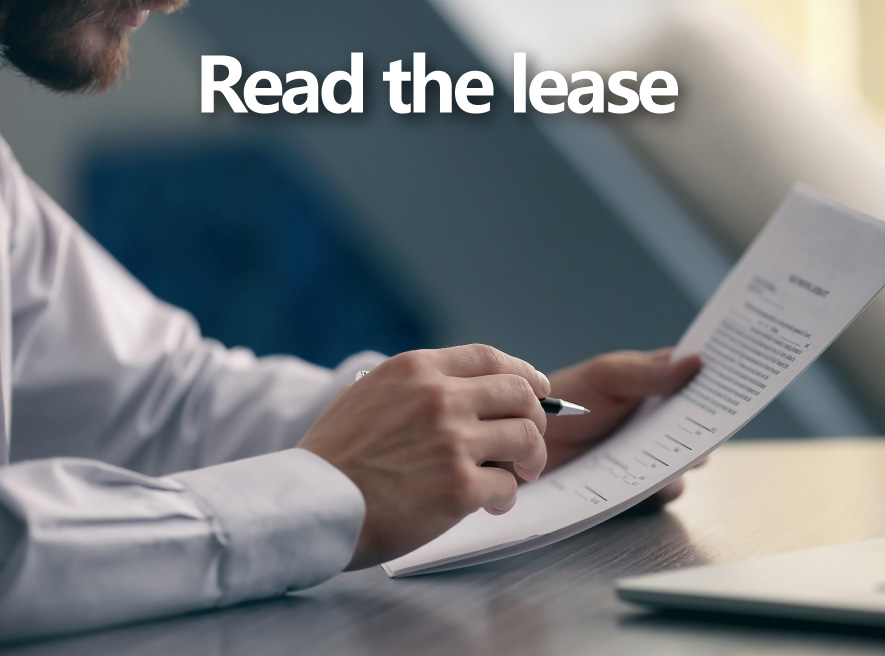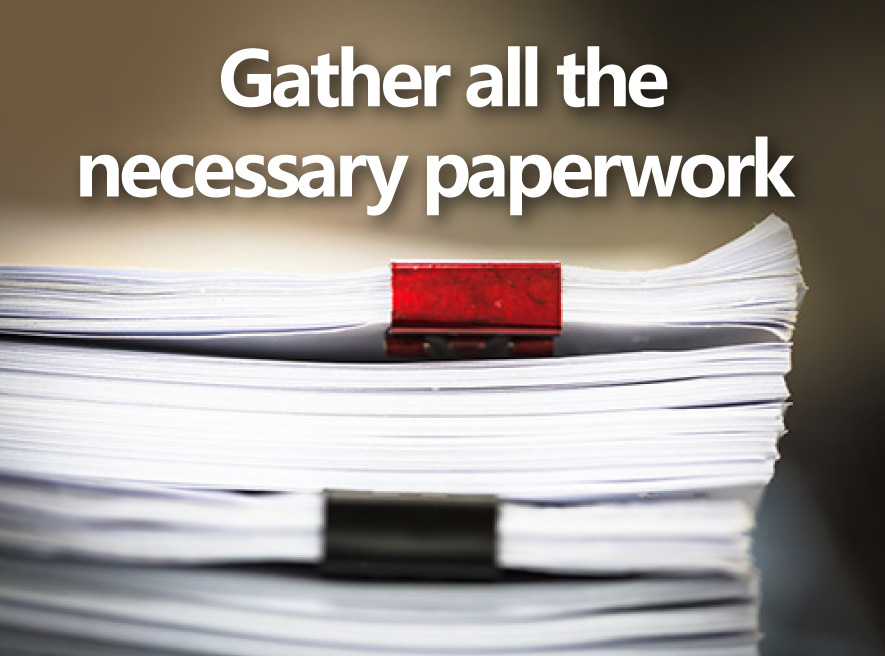To have a place that you can call home is a dream that many of us aspire for and work towards, even if only to rent. However, finding that perfect rental home is no small task; you need to find houses that are on the market, contact the owner/landlord, hire an agent, all of which takes time and may be a really stressful process.
However one of the most important things you need to do before you rent a home and become a tenant is to sign the lease agreement.
A lease agreement is basically a contract between a landlord and a tenant. It states how much a tenant must pay a landlord each month as rent and for how long; it may also include other points such as the obligations and responsibilities of the landlord as well as who will be responsible for the upkeep of the property.
7 Things to Do Before Signing A Lease Agreement
1. View the apartment

The lease agreement is an important and binding legal contract; with this being the case it is important that you know exactly what you are signing up for before actually signing it. In this article, we will tell you 7 things that you need to do before you sign your lease agreement.

This point is pretty self-explanatory. Before you even consider signing a lease you will obviously want to see the property. This is so that you can know what the property is like, whether it suits your needs and what it may be like once you have moved in. It is also a good opportunity to see what the neighbourhood is like and what kind of amenities you will have access to.
2. Examine Thoroughly

When you are viewing the apartment, be sure to use the opportunity to thoroughly examine it. Search for any form damage that may be there such as chipped tiles, cracks in the walls, water damage, proper furnishings (should the property be furnished), whether the bathroom is working, whether there is electricity and whether there are any holes in the walls or the floor. Any damage that you may encounter before moving in should be documented (note it down and take pictures) and reported to the property agent or owner. This way the owner cannot charge you for any repairs for damage that you are not responsible for.
3. Familiarise yourself with local laws

Certain laws tend to vary from place to place. Be sure to familiarise yourself with the local laws regarding property before you put your signature on the lease papers. Some of the legal jargon may be confusing; however, it is important that you know your rights as a tenant in order to avoid any complications during or after your tenancy.
4. Read the lease

Some prospective tenants tend to simply glance over a lease rather than reading it; do avoid this practice and be sure to read every single word. Some renters get into sticky situations with their landlord, for example, whether they can hammer nails into a wall, change the tilling of the floor, or replace certain pieces of furniture. These types of situations can easily be avoided if you read the lease properly.
5. Clear up all the details
If some details seem vague or are missing from the lease then you need to point it out and ask for an updated version of the lease. Any vague or grey area in legal agreements may result in complications down the line, therefore it is better to clear out any misunderstandings beforehand and have everything spelt out in black and white.
Some details you should clear up at the outset include:
- The rental price
- The length of the tenure or how long you will be staying as a tenant
- Who will do repairs if necessary
- Evacuation notice time or how long the tenants or owners need to inform the other party that they wish to leave
- What the process of renewal is should the tenant wish to stay after their tenure is over
- If the tenant wishes for any additional items to be installed or wishes to remove any items
- Receiving contact details of tenants and landlords once the contract has been confirmed.
- The landlord’s account details for transfer of rent
- Confirmation of rent with the real estate agency
- Payment needed to be made directly to the real estate company

6. Get your finances in order

Signing a lease does not just mean putting your signature on a piece of paper, you are also agreeing to pay a certain amount of money before moving in, usually at least one month’s rental is paid in advance and one-month utility deposit. So before you even consider signing the lease, do make sure that you have the money readily available.
7. Gather all the necessary paperwork

Often when you sign a lease for a property, you will need to submit some additional paperwork such as your identification papers and in some cases your name-card as well. If you are representing a company that is planning on leasing a property then they may ask for an official letter stating that you are representing the company which is going to lease the property. So be sure to find out what documents you will need to submit and bring them along with you when you are ready to sign the lease. You can consult your real estate agent regarding the documents you may need.
8. Extra Point: Ask for copies
Before signing, ask for your own copy of the lease as well. This way, should anything come up in a renting situation you will have your own copy which you can consult to help resolve the issue in a timely and relatively quick manner.
As we said before, finding and acquiring your perfect home is no small task. However, there are steps that you can take to make the process move along more smoothly. Follow these tips and you will be taking the first step towards a living situation that is happy and stress-free.
Want to know more about lease agreements and the rental process? We want to hear from you; send your questions to hello@iqiglobal.com or call us at 012-299-6155 or 037-450-6655.
To join our award winning team by submitting your information in the form down below and our experts agent will call you!
Liked this article? Try this this article next:
